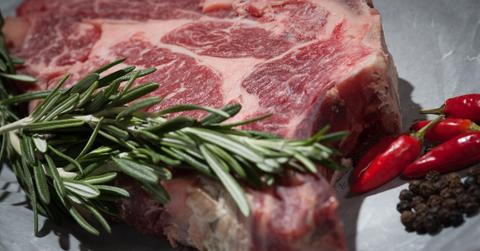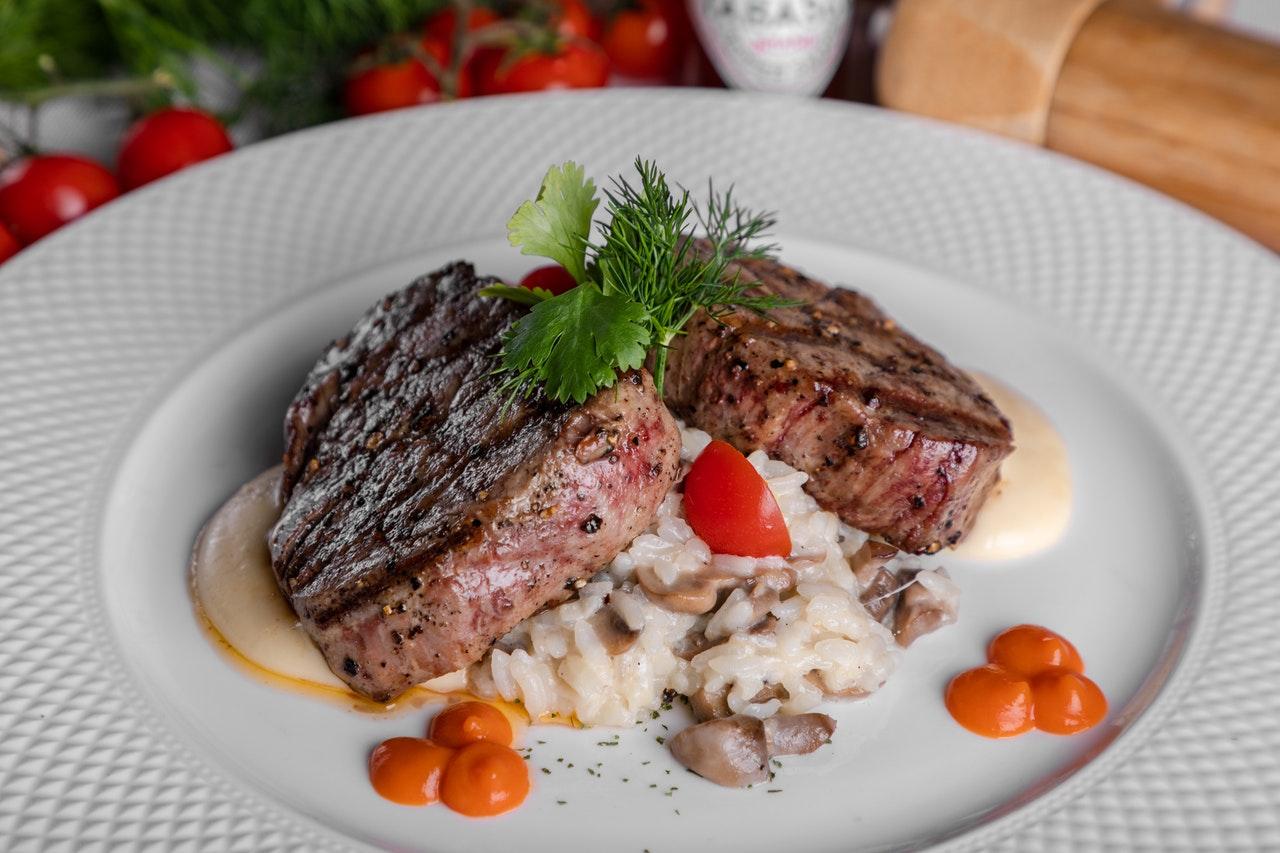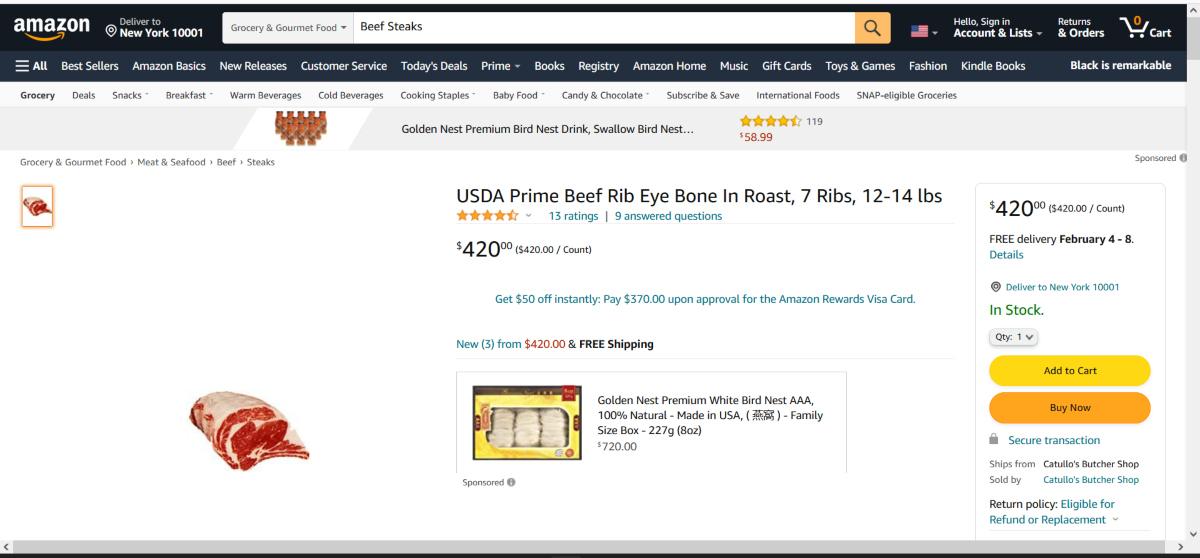Golden Corral Brawl Highlights Potential Beef Shortage
A brawl occurred a Golden Corral restaurant over a lack of steak. How severe is the beef shortage in the U.S. in 2022?
Feb. 2 2022, Published 7:58 a.m. ET
Whereas food shortages have been making news over the last couple of years, none had erupted in a brawl—that is, until three dozen people at a Golden Corral restaurant in Pennsylvania got violent over a shortage of steak. How severe is the beef shortage in 2022?
Consumers have gotten used to empty shelves at supermarkets, with shortages ranging from toilet paper to Funyuns.
What's causing the food shortages?
While demand has been strong, supply has been hampered by multiple factors. One is labor shortages, which have resulted in food products taking longer to get from producers to supermarkets. Adverse weather conditions in parts of the U.S. have only worsened the supply situation, as have global supply constraints for imported food.
2022 beef shortage: More smoke than fire
The beef packaging industry in the U.S. is dominated by four companies: JBS SA, Tyson Foods, Cargill, and National Beef Packaging Company. Beef producers claim that they're capacity constrained due to labor shortages. Make things worse is the strong demand for beef products.
In its earnings call in Nov. 2021, Tyson Foods said that its beef sales in fiscal 2021's fourth quarter (ended Oct. 2) grew 26 percent year-over-year to $5.01 billion, the most among all of its business segments. The company said that cattle availability was good during the quarter, and believes that it should be able to support customer demand in fiscal 2022.
However, many allege that meat processors are profiteering by increasing meat prices. The Biden administration has said the industry is monopolized, with the top four players claiming 85 percent of the market. To create more competition in the industry, the administration will invest $1 billion to support small and independent meatpackers.
Beef and steak aren't facing major shortages
Beef and steak may be difficult to find at some supermarkets, but a quick Google search shows us that's not the case nationwide—these products are still readily available through Amazon and other e-tailers. Therefore, the Golden Corral brawl seems to have been based on a localized issue.
One thing is clear, though: beef and steak buyers are paying a much higher price now than they did a year ago. Cattle farmers are also getting more money for their livestock, and the price of packaged meat products has increased. Meat processing companies are also reporting fatter profits.
Will Biden’s plan to create more competition in the industry pay off? We’ll have to wait and see.



